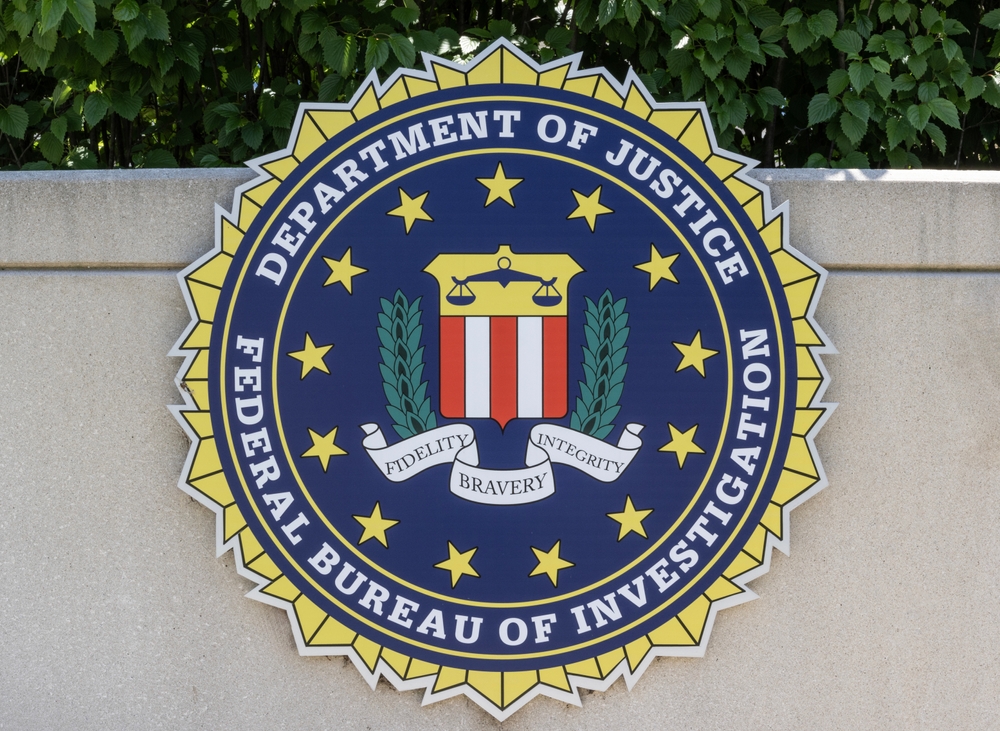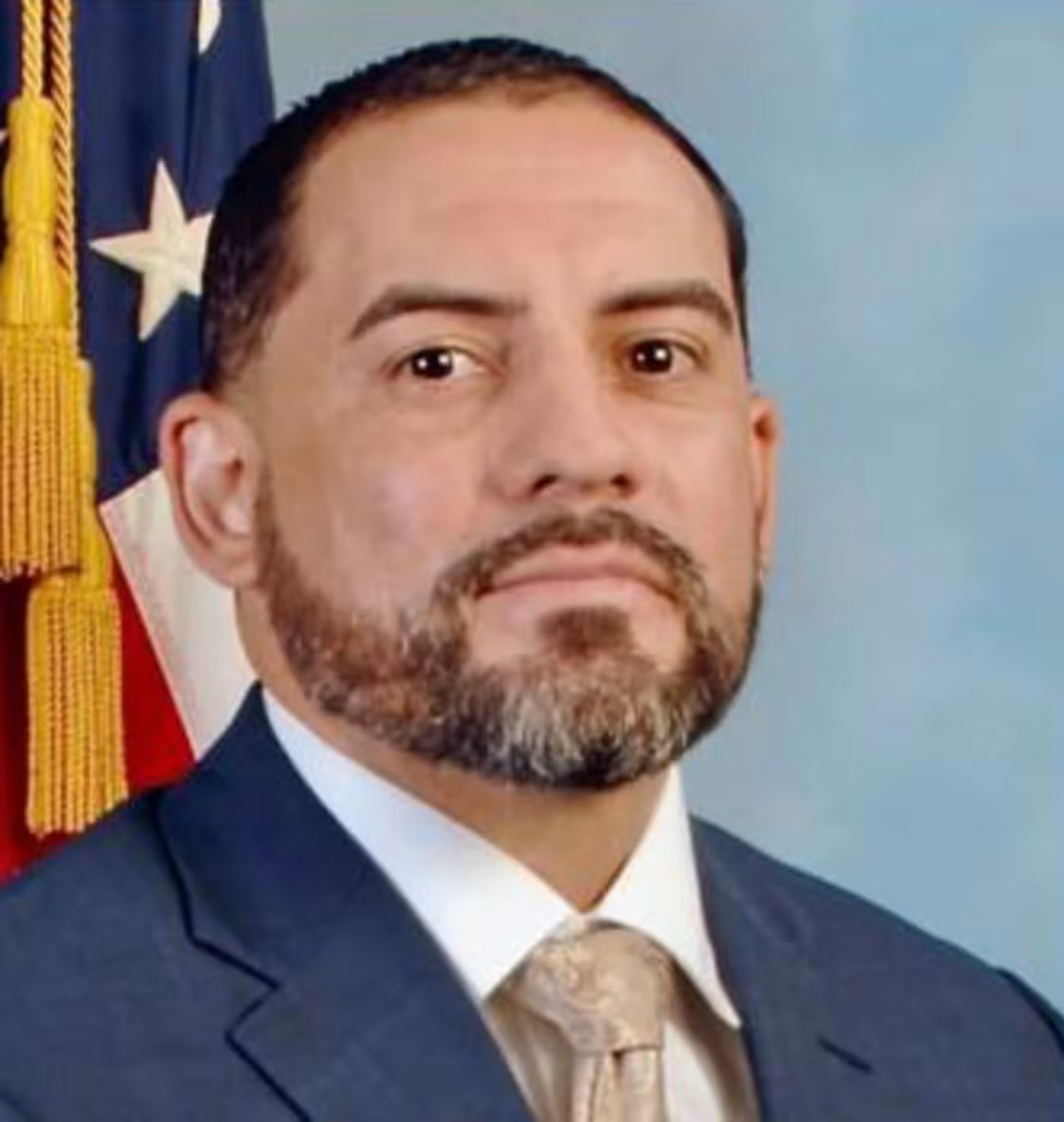
By Editorial Board
Detroit Free Press
What did the president know and when did he know it?
That’s the question reasonable people in the Justice Department, the national security bureaucracy, and the Congress are asking themselves in the wake of Michael Flynn’s abrupt ouster as President Donald Trump’s national security adviser.
Flynn may have set a new indoor record for cabinet-level malfeasance when he was forced to resign scarcely three weeks into his tenure. His departure came after the U.S. Justice Department warned the White House that U.S. intelligence agencies had intercepted a Dec. 29 phone conversation in which Flynn hinted to Russian Ambassador Sergey Kislyak that Trump would revisit the punitive sanctions then-President Barack Obama had imposed on Kislyak’s government earlier that day.
Trump has criticized the sanctions, which the Obama administration ordered in retaliation for Russian interference in the U.S. election, and praised Russian President Vladimir Putin for his restrained reaction to them.
It is illegal for civilians to negotiate foreign policy on behalf of the U.S. government, and Flynn, a former director of the Defense Intelligence Agency, vehemently denied discussing sanctions with Kislyak during the transition. Among the administration officials who rose to his defense was Vice President Mike Pence, who reiterated the national security adviser’s denials in a televised interview.
But Flynn began revising his account last weekend after reports surfaced that the Justice Department had reported the incriminating intercepts to the White House, and in his resignation letter he apologized for providing Pence with what he described as an “incomplete” summary of his telephone conversation with Kislyak.
To read more click here.




